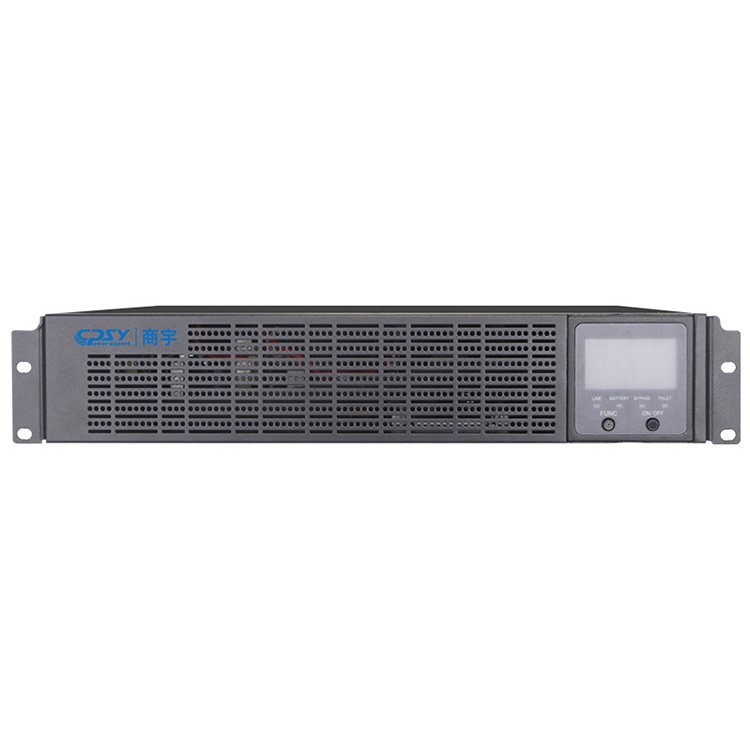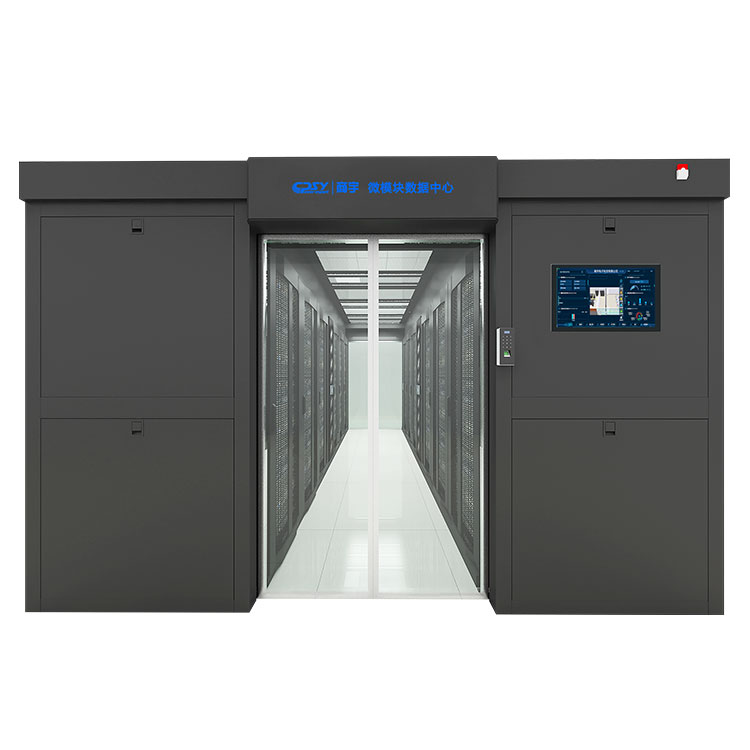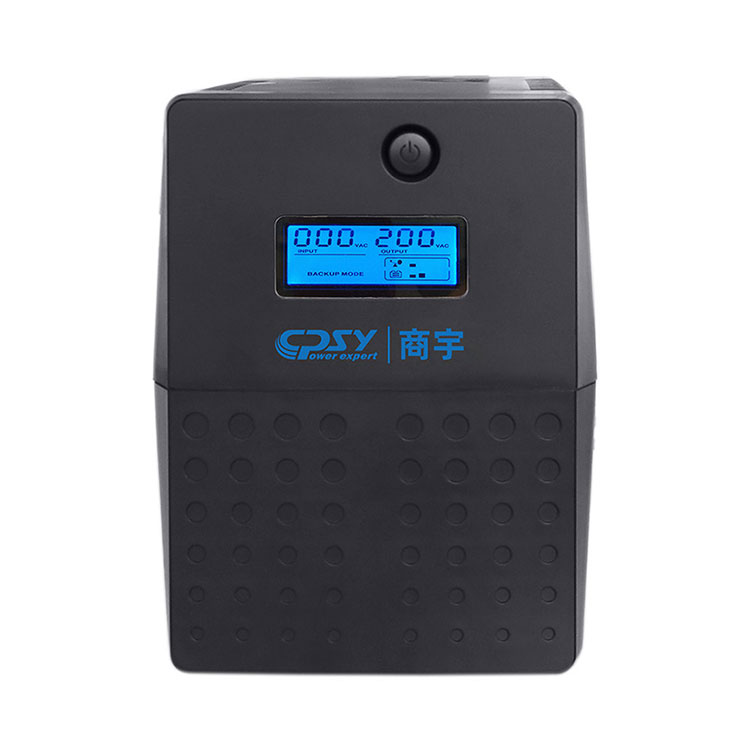- English
- Español
- Português
- русский
- Français
- 日本語
- Deutsch
- tiếng Việt
- Italiano
- Nederlands
- ภาษาไทย
- Polski
- 한국어
- Svenska
- magyar
- Malay
- বাংলা ভাষার
- Dansk
- Suomi
- हिन्दी
- Pilipino
- Türkçe
- Gaeilge
- العربية
- Indonesia
- Norsk
- تمل
- český
- ελληνικά
- український
- Javanese
- فارسی
- தமிழ்
- తెలుగు
- नेपाली
- Burmese
- български
- ລາວ
- Latine
- Қазақша
- Euskal
- Azərbaycan
- Slovenský jazyk
- Македонски
- Lietuvos
- Eesti Keel
- Română
- Slovenski
- मराठी
- Srpski језик
China Solar Inverter Manufacturers, Suppliers, Factory
The solar inverter adopts fully digital intelligent control technology, which has the characteristics of fast dynamic response, strong load resistance, small input surge current, safe and stable operation, etc. The product has a simple appearance, lightweight size, simple operation, and is easy to install. It adopts intelligent LCD High-definition display screen, product operating parameters and operating status are clear at a glance. This series of products has high stability, high reliability, and high practicality, and is an ideal power supply with high cost performance.
The basic principle of Shangyu CPSY@ solar inverter is to use semiconductor switching devices such as transistors, field effect transistors, etc. to convert direct current into alternating current and output variable alternating current. Photovoltaic inverters have the advantages of high efficiency, high reliability, and high power density. Its main components include semiconductor switching devices, DC power supplies, filters, etc., which are widely used in various fields, such as power, communications, industrial control, automotive electronics, etc.
Solar inverter is an important power electronic device in the photovoltaic system. Its main function is to convert the DC power output by the solar panel into AC power for home or industrial use. It has MPPT (Maximum Power Tracking) function and special features such as preventing islanding phenomenon. Function.
product features
Pure sine wave inverter
The highest conversion efficiency is 96.8%, completely avoiding power loss at night
Waterproof grade IP65, suitable for both indoor and outdoor use
Built-in MPPT solar controller
Easy series/parallel connection, selectable input voltage range
Smart LCD display, select charging current according to application
Configurable AC/solar input priority via LCD settings
Automatically restart when communication is restored
Fully industrial-grade design, adaptable to a wider range of working environments
Fast dynamic response and long life of aluminum capacitors
Smart fan, efficient heat dissipation, extending system life
Has multiple protection functions (preventing overvoltage, leakage, short circuit, overload, reverse voltage, etc.), 360° all-round protection
Smart battery charger design to optimize battery performance
Achieve minimum size and lightweight of non-insulated type, easy installation and minimized maintenance costs
Solar inverters can be divided into three categories: off-grid type, grid-connected type and hybrid type. The differences are as follows:
| Item | Off-grid inverter | Grid inverter | Hybrid inverter |
| Principle | Store electricity in the battery | Delivering solar energy to city grids | On-grid and off-grid integration, that is, solar charging + city grid power |
| Features | System power is average and cost is low | The system has high power and low cost, reducing grid expenses. | The power of the system is high and the cost is high |
| Technology | transistor | IGBT power module or transistor | MPPT or PWM technology |
| System Components | Photovoltaic modules, inverters, controllers, batteries, combiner boxes | Photovoltaic modules, inverters, controllers, smart meters, AC switches | Photovoltaic modules, inverter and controller integrated, smart meter, AC switch, battery |
| Application | Remote areas without power network coverage such as deserts, plateaus, and deep forests | Where the city grid is strong enough, but power is insufficient | The city power grid is always shut down and the power is not strong enough. |
Photovoltaic inverter (PV inverter or solar inverter) can convert the variable DC voltage generated by photovoltaic (PV) solar panels into an inverter with mains frequency alternating current (AC), which can be fed back to the commercial power transmission system or supplied to the power grid. The power grid of the network is used. The photovoltaic inverter is one of the important balance of systems (BOS) in the photovoltaic array system and can be used with general AC power supply equipment. Solar inverters have special features that work with photovoltaic arrays, such as maximum power point tracking and islanding effect protection.
Shangyu CPSY@ solar inverter products adopt advanced power electronic technology and intelligent control strategy, and have the advantages of high efficiency, high power density, high reliability, and low noise. We focus on technological innovation and product quality, and have passed ISO9001 quality management system certification and multiple domestic and foreign authoritative certifications, such as CE, ROHS, etc. We have a number of core patented technologies and adopt strict quality control and testing methods to ensure the stability of our products. and reliability. The countries we export to mainly include the United States, Germany, the United Kingdom, France, Brazil, India, Australia, etc. to meet the large demand for inverters in these countries. Our main cooperative brands include Siemens, GE, Harmonics, etc. Our products are widely used in power, communications, industry, energy storage and other fields. We provide high-quality services and solutions to customers around the world and have won unanimous praise from our customers.
Photovoltaic solar inverters are divided into three categories according to their uses: grid-connected inverters, off-grid inverters, and microgrid energy storage inverters. Grid-connected inverters can be divided into micro-inverters and group inverters according to their power and uses. There are four categories: string inverter, centralized inverter, and distributed inverter. Centralized inverter systems have large total power and are mainly used in large-scale projects such as ground photovoltaic power stations with good lighting conditions; distributed inverters can be divided into string inverters and micro-inverters, which are usually used in small and medium-sized Industrial, commercial and household photovoltaic power generation systems, of which string type is the main type of distributed inverter product. Distributed inverters have the characteristics of both centralized and string types, and have been used to a certain extent in projects such as Mountain Leader. The micro-inverter tracks the maximum power peak of each photovoltaic module individually, and then integrates it into the AC grid after inversion. The single capacity of the micro-inverter is generally less than 1kW.
The market for inverters/converters in 2014 is as follows:
| type | power | efficiency | market share | annotation |
| Module inverter | Power range for vehicles | 96.8% | - | - |
| String/cascade inverter | 0.5kW to 5kW, up to 100 kWp, for private residences | 98% | 50% | €0.15 per WP, easy to replace |
| Centralized/central inverter | Above 100 kWp, 60kW to 1MW, used in large solar power plants | 98.5% | 48% | €0.10 per WP, highly reliable, sold with service contract |
| Multi-string inverter | 3kW to 30kW for medium-sized rooftop or ground systems | 98% | - | - |
| Microinverter | Photovoltaic module power range | 90%–95% | 1.5% | €0.40 per WP, but easily replaceable |
| DC-DC converterPower optimizer | Photovoltaic module power range | 98.8% | Not suitable | Each WP is €0.40, but there is the problem of easy replacement and inverters are still needed. In 2013, about 0.75GWP was installed. |
Inverters can be divided into different types according to different use occasions and requirements, such as power inverters, UPS inverters, photovoltaic solar inverters, etc. A solar inverter effectively converts the DC power generated by solar panels into AC power that can be used for home or commercial purposes. Here are some of the main advantages of solar inverters:
1. High conversion efficiency: Converting solar energy into electrical energy has increased the conversion efficiency from less than 90% at the beginning to more than 98% at the current stage, completely avoiding power loss at night, further reducing costs, increasing efficiency, and improving economic benefits.
2. Reduce energy costs: Using photovoltaic inverters to convert solar energy into electrical energy can significantly reduce energy costs, especially for remote areas and areas with insufficient power supply. Photovoltaic inverters can help solve the problems of power shortages and high electricity bills. .
3. Safe and reliable: With the continuous development of photovoltaic inverters, supporting equipment has become more and more abundant, the adaptability of the power grid has been continuously enhanced, the corresponding protection facilities have become more complete, and its safety has been further improved.
4. Environmental protection and energy saving: Photovoltaic inverter is a green and environmentally friendly energy conversion equipment that does not produce any pollutants. At the same time, it has low noise and low heat dissipation during operation and is environmentally friendly. Therefore, it has also received strong support from corresponding national policies. support.
5. Long service life: Photovoltaic inverters have been developing rapidly in recent years, with their power gradually expanding, power density increasing, product weight gradually decreasing, and application scenarios becoming more widespread. At the same time, in terms of heat dissipation, the carrying capacity of photovoltaic inverters in high temperature environments has been improved, which increases the service life of photovoltaic inverters and reduces production costs.
6. Diversified applications: Photovoltaic inverters can be customized according to different needs and application scenarios to achieve diversified applications, such as household photovoltaic inverters, industrial photovoltaic inverters, etc.
7. Intelligent control: Modern photovoltaic inverters are usually equipped with Internet of Things and artificial intelligence control systems, which can realize intelligent management through remote monitoring and control, making it convenient for users to monitor and maintain in real time to improve the operating efficiency and reliability of photovoltaic power stations. .
In summary, photovoltaic inverters have the advantages of efficient conversion, reduced energy costs, environmental protection and energy saving, diversified applications and intelligent control. They are widely used in the field of photovoltaic power generation, making contributions to the development of renewable energy and the optimization of energy structure. made important contributions. In addition, photovoltaic inverters have very strong environmental adaptability and can still operate safely and reliably in various harsh environments such as deserts, plateaus, and coastal areas, and their corrosion resistance and other properties are constantly improving.







